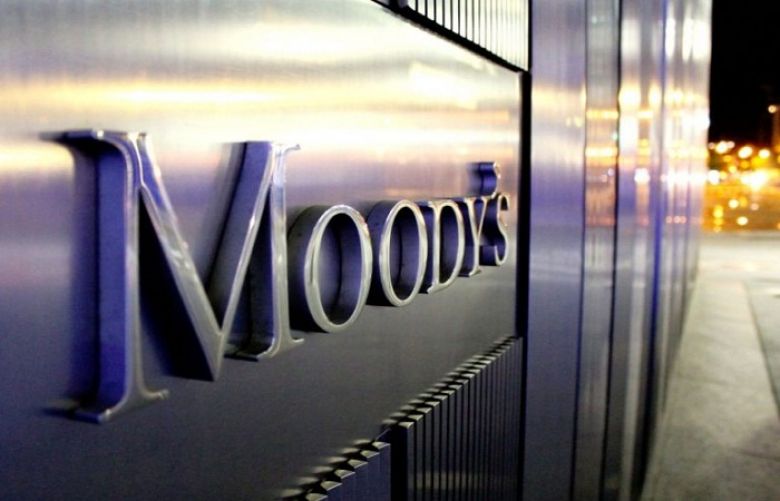Pakistan is expected to face its first annual recession in fiscal year 2020 due to the ongoing and worsening coronavirus pandemic, credit rating agency Moody's Investors Service said in a forecast issued late Wednesday.
The country's financing needs were also expected to rise significantly, while its real — or inflation-adjusted — gross domestic product (GDP) would likely fall 0.1-0.5% as well as opposed to the International Monetary Fund's (IMF) projected 1.5%, it said, underscoring that this would mark Pakistan's first annual recession.
The Prime Minister Imran Khan-led government had last month approved a Rs1.2-trillion relief and stimulus package to cushion the virus-caused economic impact. It includes tax incentives for businesses, exports, and the health sector, as well as support to households, which were given financial assistance via the Ehsaas Emergency Cash Programme.
That relief package was followed by the IMF's $1.4-billion Rapid Financing Instrument (RFI) to Pakistan on April 16, $588 million from the Asian Development Bank (ADB) and the International Development Association (IDA) and a debt relief offer from the G20 countries. All of these, the credit rating agency added, would help slash financing risks.
It is important to note here that the IMF has also given Pakistan $6 billion as a bailout package under its Extended Fund Facility (EFF), while the World Bank has done the same under its own Revitalising, Innovating, Strengthening Education project.
The G20 nations' offer, on the other hand, was likely to support the country "by deferring principal and interest payments on bilateral debt due between May and December".
However, Moody's stressed that PM Imran's Rs1.2-trillion package would bump up Pakistan's financing needs. It would widen the PTI government's FY2020 fiscal deficit to 9.5-10% of the GDP, as opposed to 8.9% in 2019 "despite strong revenue growth narrowing the deficit in the first half of fiscal 2020".
While the government revenue shot up 40%, tax revenue rose 18% and non-tax revenue almost doubled partly on the back of SBP's higher profits in the year's first half, it was forecast to fall.
"Nevertheless, tax revenue is likely to contract in the second half compared with the year-ago period, although higher-than-budgeted central bank profits, lower-than-budgeted interest payments, and fiscal payments from lower oil prices will mitigate the effect of the contraction on the deficit," Moody's added.
In addition, the government's debt-to-GDP ration was projected to rise to 87% this year, compared to 83% in 2019. It would, however, decline in later years, the agency noted.
The economy is said to recover by over 2% in 2021.
The country-wide lockdown to contain the spread of the novel coronavirus "will significantly curtail domestic consumption and pose downside risks to economic growth, which threatens a wider fiscal deficit and a higher government debt burden than we [Moody's] currently project".
Further dampening the economic hit were the State Bank of Pakistan's (SBP) move to bring down the policy rate — in three consecutive cuts — to 9%.







